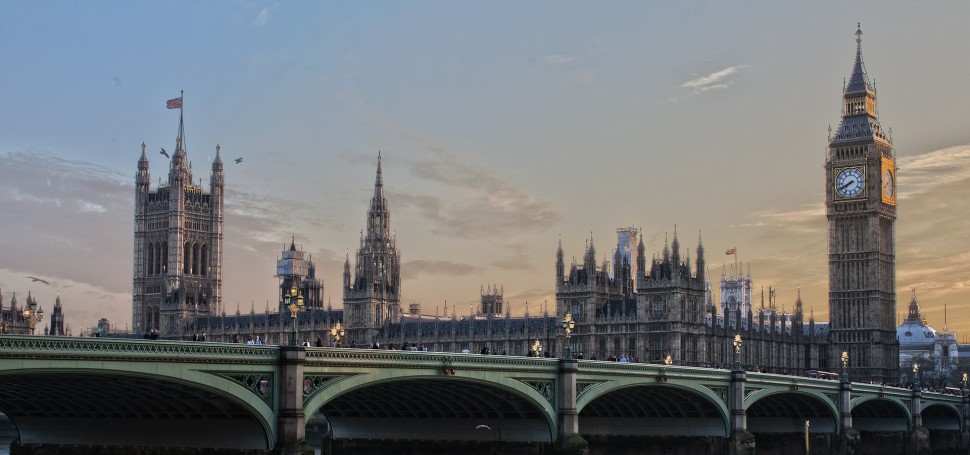Huawei urges UK to reconsider 5G ban after Trump defeat
Huawei warns 5G ban risks digital divide

Sign up for breaking news, reviews, opinion, top tech deals, and more.
You are now subscribed
Your newsletter sign-up was successful
Huawei has urged the UK government to reconsider its decision to ban Huawei from participating in the UK’s rollout of 5G networks following Donald Trump’s defeat in the US election.
The Chinese telecoms giant has established itself as a key partner for British telcos over the past 15 years and most planned to use Huawei radio equipment to power their 5G services.
Until July, the UK had resisted calls from the US to follow its lead and ban Huawei. However, a reversal of policy means all mobile operators will be forbidden from purchasing new Huawei 5G radio gear from the end of 2020 and must remove all equipment installed in their 5G networks by 2027.
- These are the best business smartphones around today
- Here's the latest business apps for Android
- And the best business phone services
Huawei UK 5G
The ban was justified on national security grounds, but the company has persistently denied any allegations of wrongdoing and no evidence has ever been produced by Washington to support its claims.
Huawei has long contended that the US’s hostilities are based on trade concerns – not security. Now that Trump is heading out of office, the company hopes Prime Minister Boris Johnson and his cabinet will be more open to the available evidence.
“As a global company we want to work with governments to ensure they have the policies to secure growth,” Huawei Vice President Victor Zhang told the Guardian. “The decision was a political one motivated by US perceptions of Huawei and not those of the UK. This is not really motivated by security, but about a trade war between the US and China.”
The government itself has admitted it expects the ban to delay 5G rollout by up to three years and add £2 billion of additional costs to operators who fear a lack of choice will reduce innovation.
Sign up to the TechRadar Pro newsletter to get all the top news, opinion, features and guidance your business needs to succeed!
In his interview with the Guardian, Zhang urged the UK to stay true to its roots as the birthplace of the industrial revolution and be a leader in the 5G revolution. The timing coincided with Johnson’s meeting with the Northern Research Group (NRG), a group of northern, predominantly pro-Brexit MPs – many of whom were elected at the 2019 General Election in seats long held by the Labour party.
These MPs are eager to ensure the government follows through with commitments to provide economic support to the north. Digital infrastructure is seen as a critical vehicle for these ambitions and any delay in improving broadband and mobile connectivity would risk widening the digital divide.
Tapping into these concerns, Zhang said three quarters of the economic benefits of 5G would be felt in regions outside London and the South East and suggested the ban would mean the government would be unable to meet its broadband targets.
“The decision is going to have a huge economic impact on the UK,” he added. “The UK wants to see a balance of investment between London, the south-east, the Midlands and the north of England. World-class connectivity is crucial to this objective, and without that it is very difficult to close the gap in the economic imbalance in the UK.”
- These are the best 5G phones you can currently buy
Via Guardian
Steve McCaskill is TechRadar Pro's resident mobile industry expert, covering all aspects of the UK and global news, from operators to service providers and everything in between. He is a former editor of Silicon UK and journalist with over a decade's experience in the technology industry, writing about technology, in particular, telecoms, mobile and sports tech, sports, video games and media.